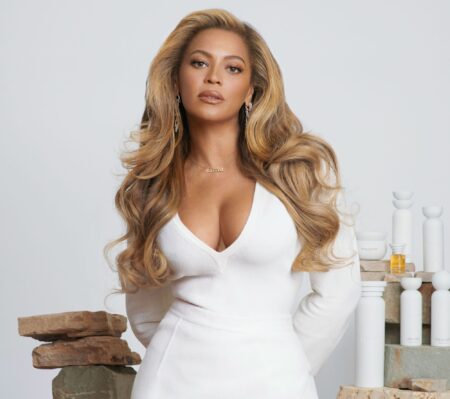Madison Keys came up one win short of returning to the US Open Final where she last appeared in 2017 against eventual champion, Sloane Stephens.
This year, Keys beat five opponents en route to last week’s semifinal matchup against Aryna Sabalenka, where she lost to the eventual runner-up in a heartbreaking 0-6, 7-6, 6-7 match. Sabalenka would lose to eventual champ Coco Gauff, who at 19 became the youngest American US Open champion since 17-year-old Serena Williams in 1999.
In celebrating Madison’s amazing run at the tournament, I posted the following congratulatory message.
Shout out to Coco Gauff and Madison Keys, who are one win away each from giving us an All Black US Open Women's Final.
— First and Pen (@firstandpen) September 7, 2023
The last time that happened was 2018 when Naomi Osaka defeated Serena Williams. Let's go! 🇺🇸🎾✊🏾#USOpen #USOpen2023 pic.twitter.com/Pt7ql4D30p
“Shout out to Coco Gauff and Madison Keys, who are one win away each from giving us an all Black US Open Women’s Final,” I posted.
I knew both positive and negative responses would follow, so I wasn’t that surprised when a Black identity debate erupted.
For those not in the know, Madison Keys’ father, Rick, is Black and Christine, her mother, is white. Together, the couple has four daughters, Madison being the second oldest.
While the colorblind claimants wanted to celebrate Madison’s run without acknowledging her Black side, another side representing the “she’s not Black/she’s not Black enough” faction surfaced.
The latter got their fodder from this 2015 NY Times story on Keys when the tennis star claimed Switzerland-like status when it came to race.
“I’m very much right in the middle,” said Keys. “I don’t really think of it. I don’t really identify myself as white or African-American. I’m just me. I’m Madison.”
Madison Keys has every right to identify the way she wants and that’s fine.
But whether she identified as Black, white or as Madison, it was bound to spark some debate. And at this year’s US Open, it was reignited.
So how should Keys be identified and accepted?
Historically, since her father is Black, Madison is Black. And historically, Madison’s mother would be ostracized for having children with her Black husband. That, in turn, would probably have had Madison leaning to the Black side, even if she “passed.”
The 28-year-old came up during a time when integration was more accepted, particularly through the connective power of Hip-Hop.
Continue reading over at First and Pen.
This content has been brought to you by First and Pen in partnership with TheHub.News. First and Pen “amplifies local sports stories from voices of color to the national conscience…”








